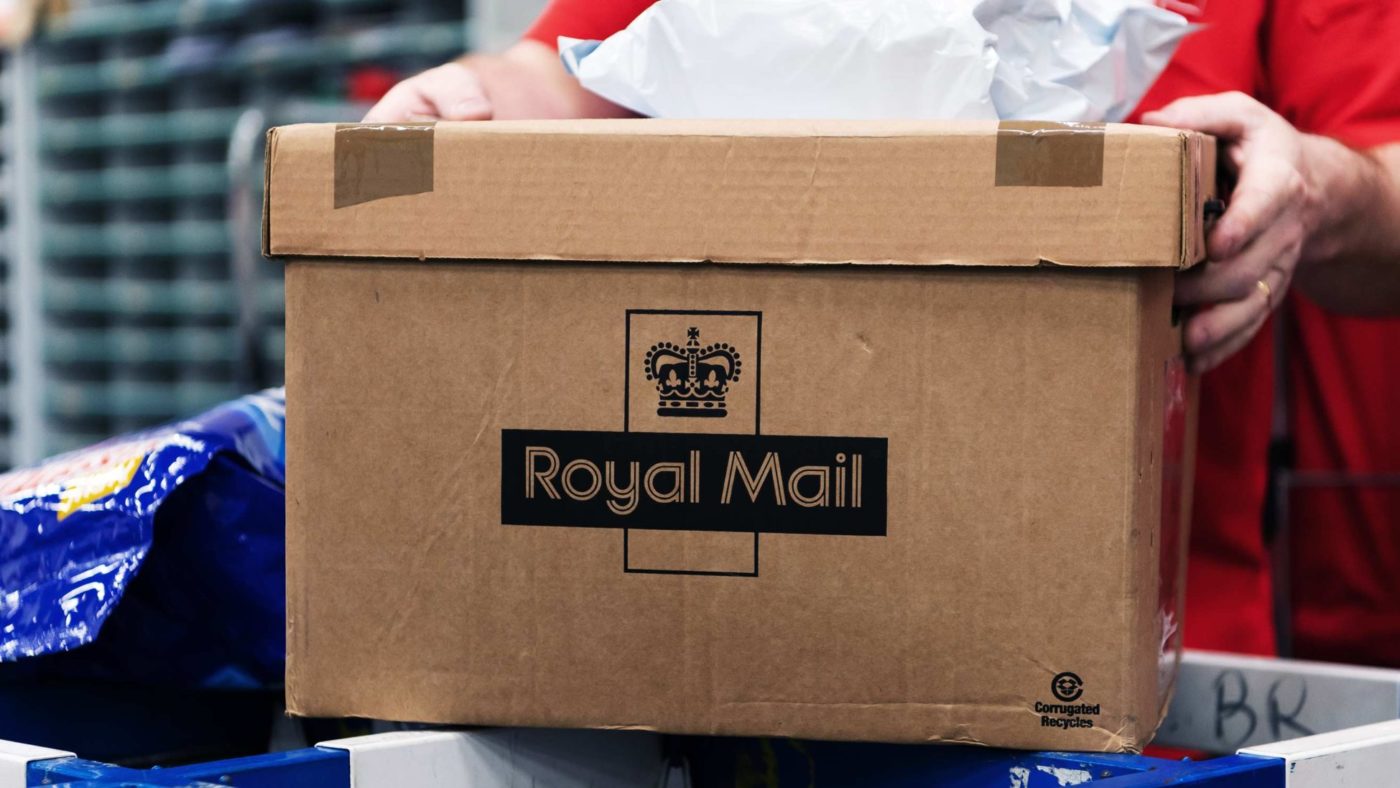Sir Vince Cable’s defence of Royal Mail privatisation could be minuted, perhaps uncharitably, as “It’s a dog, that’s why we sold it”.
He’s right, of course, however politically unsuitable it is to tell the truth to people. As he notes, the share price is now half what the government sold at, which is pretty solid vindication. Remember, too, that he and the coalition government were pilloried for selling it off too cheaply after an initial spike in the share price. A few years on, theirs looks like an eminently sensible decision.
After all, those who manage the nation’s assets should at least try to take the profits and dump the losses. Don’t weep bitter tears for the devastation of the capitalists who bought the shares and have lost out, that’s what they’re for, to take the financial risks in the society.
Of course, there is always a constituency in favour of saving any extant organisation. However emotive the case can often be, politicians need to have the resolve to face down what are still essentially vested interests asking for a slice of tax revenue to prop them up.
The harsh reality of all of this is that the state, government ownership, is always loathe to kill off things that are no longer required, knowing that they are bound to create negative headlines. That callousness is something best reserved to the market capitalism that Royal Mail was dumped into. Which is rather the point of having dumped it.
One of Jeremy Corbyn’s arguments for a public monopoly in mail was that “we’ve all only got one letterbox” and it is therefore “inefficient” to have multiple providers delivering us parcels. It’s a quite spectacularly silly argument, even by his standards. We may as well say that food should be produced and distributed exclusively by central government on the basis that we’ve all only got one mouth.
What’s more, it ignores the tech-fuelled advances in this very sector which mean we can now order a parcel to arrive at a certain time of day and pay a premium if we so wish. The average punter is given far greater choice and convenience by the array of private providers than by a state monolith.
In the case of Royal Mail, Sir Vince was also right to point out that a company in such trouble was going to need to borrow, or at least gain more capital from somewhere, in order to effect a turnaround. This wasn’t going to come from government so it had to be from the private sector. It was the same when Thatcher’s government decided to privatise water, as vast sums needed to be invested to upgrade the systems to meet EU rules. The only possible source was the public markets as politics simply wouldn’t allocate the money. The fact that investment in water rose after privatisation was proof of that point.
There’s a connected point here about nationalisation and investment – bringing an industry under state control means its budget is inevitably competing with all sorts of other political priorities. Yes, we might need an upgrade to some Victorian piping, but the NHS workforce are crying out for a pay rise, and the Army needs some new tanks, and so on and so forth.
As far as the Royal Mail is concerned, Sir Vince is right to point out that it had fallen behind the times. It is an essentially analogue service in an age that has become predominantly digital, an organisation optimised for tasks which society may or may not require still to be done. That need not mean it cannot offer value doing other things, but the only way to know is to leave it to the market to find out.
Particularly with a large business such as Royal Mail, it may be that certain functions can be sold off or retooled into a successful business – a point that goes way back to Adam Smith’s point about division and specialisation.
This is the very essence of a productive capitalist economy. The removal of the old and sick by market predation may seem harsh at times, but without it is crucial to maintaining a healthy, efficient economic ecosystem.
Click here to subscribe to our daily briefing – the best pieces from CapX and across the web.
CapX depends on the generosity of its readers. If you value what we do, please consider making a donation.


